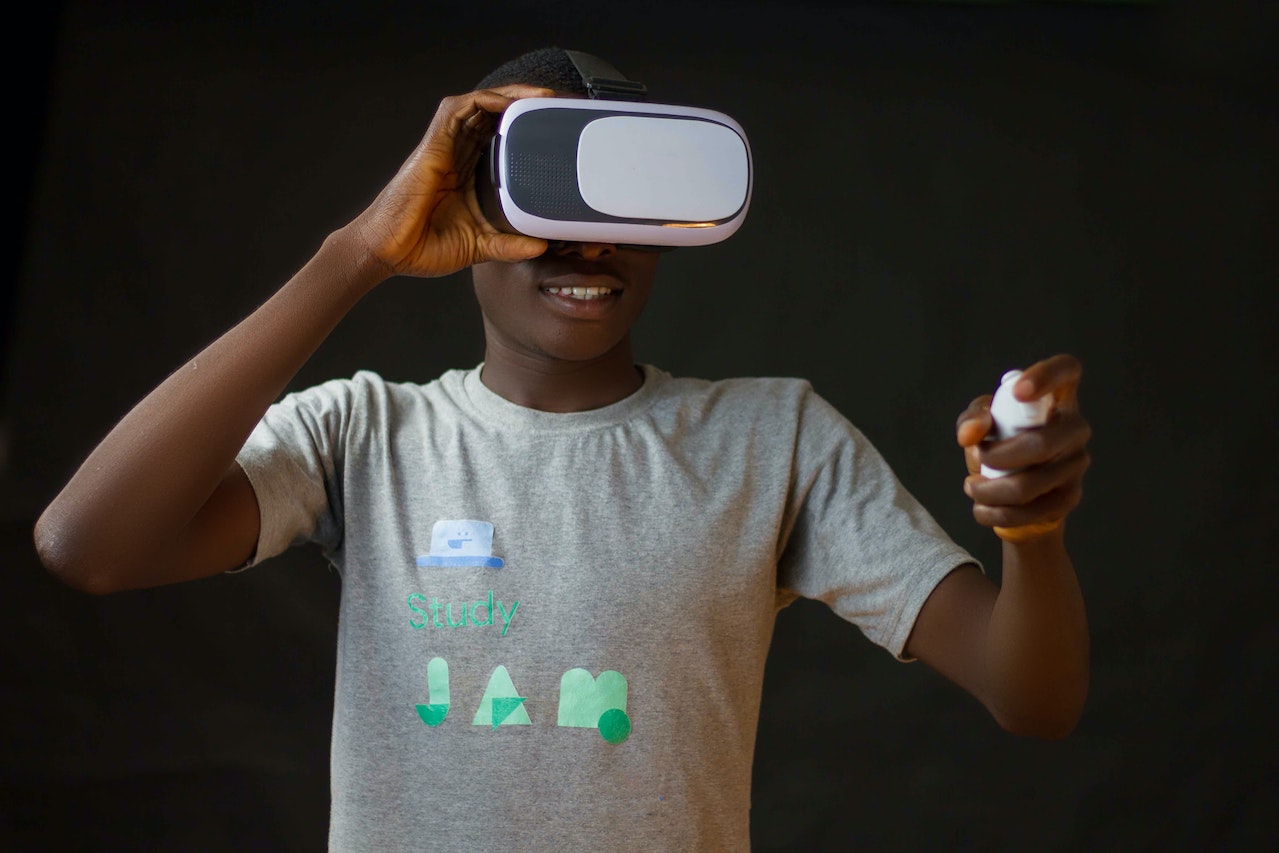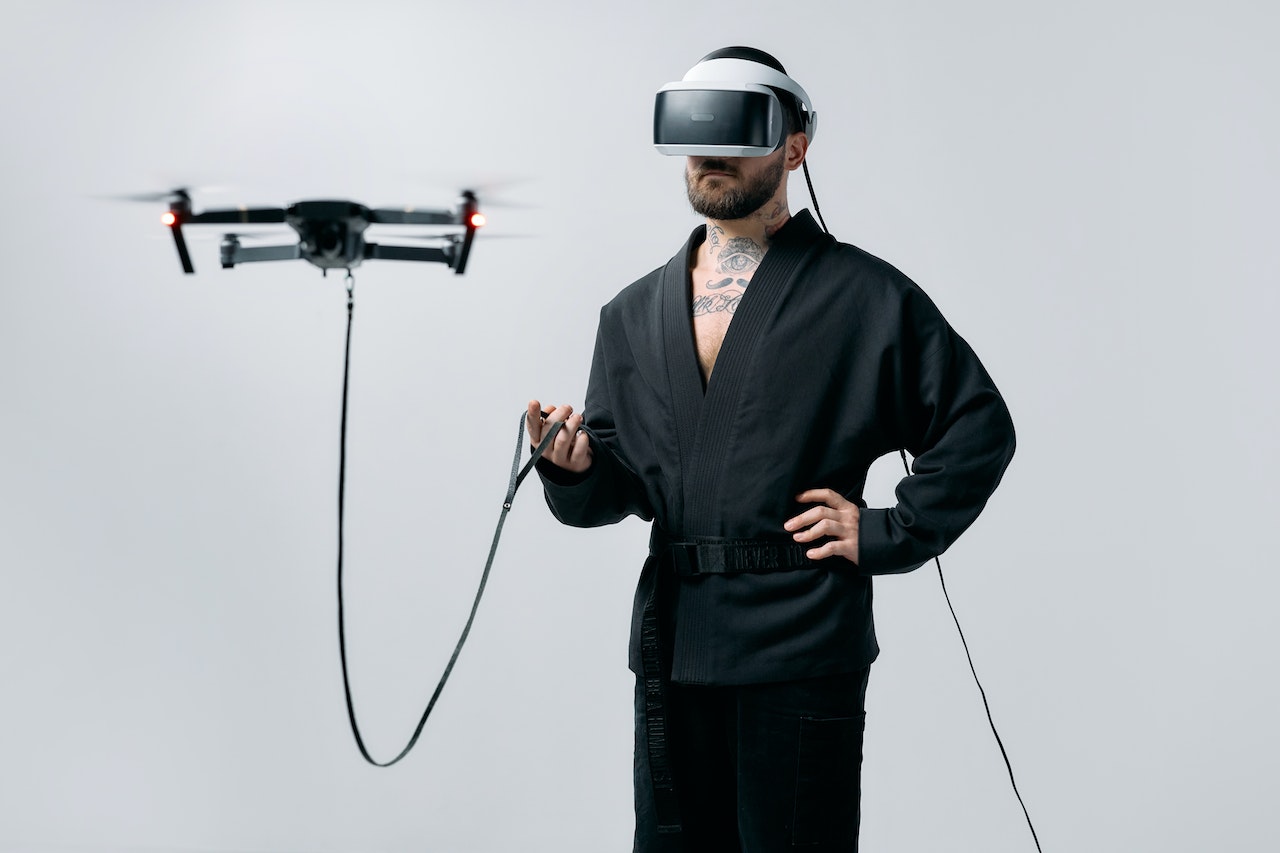Technology is transforming virtually all aspects of our lives, from the way we communicate with each other to the way businesses work. It is changing industries and creating new opportunities at a rapidly accelerating rate.
This blog post will examine some of the top industries revolutionized by technology over recent years, including retail, travel and tourism, healthcare, media and entertainment, and more. Learn the secrets behind how these fields have made impressive steps forward regarding efficiency and consumer engagement.
1. Banking and Finance Industry
Money matters remain at the forefront of the banking and finance industry. With the rise of fintech and mobile technology, online banking is becoming increasingly popular.
People can now access their accounts 24/7 and manage their finances anywhere. Financial institutions also use blockchain technology for faster transactions, greater security, and improved record-keeping processes.
Robo-advisors are becoming more commonplace, using algorithms to give personalized advice on investments and portfolios. Additionally, artificial intelligence (AI) is used in fraud detection systems to identify suspicious activity and protect customers from cybercriminals. These advancements have made banking more accessible and safer for everyone involved.
Some financial institutions have adopted wearables, allowing customers to pay for goods and services with the swipe of a watch or bracelet. Tap-to-pay is becoming increasingly popular, providing a simple and secure payment method.

2. Retail Industry
Retail has long been a technology-driven industry, but the latest advancements have allowed retailers to reach new customer engagement and satisfaction levels.
Emerging technologies such as augmented reality, virtual reality, and voice recognition create immersive experiences for shoppers, making it easier to find the products they are looking for. AI is being used to track customers’ preferences, while facial recognition and biometrics improve checkout.
Retailers can now monitor inventory in real time, send personalized offers to shoppers, and offer recommendations based on individual likes and dislikes. With all these technologies, retailers can provide faster, more efficient services that cater to customers’ needs better than ever before.
3. Food and Beverage Industry
The food and beverage industry has seen tremendous technological advancements over recent years, with automation improving efficiency, cost savings, and higher-quality products.
The use of sensors can monitor the temperature of ingredients, control portions accurately, and detect any contaminants before they contaminate the whole batch. Robotics is also being used for packing boxes and filling jugs.
Cocktails have even been automated, with drinks dispensed by robotic bartenders capable of mixing up pre-programmed concoctions. For those who don’t feel like visiting a bar, you can order food and beverages online, with delivery services revolutionizing how people eat.
The growing Canned Cocktail Trend has also skyrocketed in recent years, offering consumers a convenient way to enjoy their favourite beverages on demand. The food and beverage industry is no longer just about preparing meals by hand; it’s now driven by technology.
4. Travel and Tourism Industry
We all love a nice escape from our everyday lives, and technology has revolutionized the travel and tourism industry in ways that make taking trips easier than ever.
With AI-powered chatbots, customers can get answers to their questions quickly and conveniently. Automation is also being used to streamline booking processes, with self-serve kiosks replacing traditional tellers for ticket purchases.
Online reviews and social media availability have wholly changed how travellers make decisions and plan trips. People now have access to information like never before, making it simple and stress-free to research destinations, find the best deals, and book flights or hotels with a few clicks of a button.
Technology is also used to monitor tourist attractions and help prioritize travellers’ safety. In the future, this sector will continue to be revolutionized by advances in virtual reality, artificial intelligence, and wearable technology, taking the travel experience to whole new heights.

5. Healthcare Industry
With the advancement of technology, the healthcare industry has become one of the most innovative industries. Technological advancements are reshaping healthcare, from electronic medical records and telemedicine to AI-enabled diagnostics and robotic surgery.
The rise of AI and machine learning has allowed healthcare providers to make faster, more accurate diagnoses and treatments.
Wearable technology tracks vital signs and monitors patients’ health in real time. Voice recognition technology is used for patient intake forms and medical record-keeping, simplifying the process for patients and healthcare professionals.
Doctors can now access patient information quickly and easily, diagnose illnesses more accurately, and provide better care with less effort. Technology is also being used to speed up the drug discovery process, providing quicker access to new treatments for various conditions.
As healthcare advances, we expect further technological developments to make healthcare more accessible and personalized in the coming years.
6. Real Estate
Gone are the days when searching for a new home meant spending hours in the car driving around looking at properties. Technology has revolutionized the real estate industry and made finding your dream house or rental property easier.
Real estate agents use virtual reality (VR) to give potential buyers an immersive experience before entering the home. In addition, augmented reality (AR) is becoming a popular option for viewing properties, allowing people to view rooms from different angles and explore virtual 3D home models.
Using drones has also made it much easier to inspect and survey large areas simultaneously, ensuring that potential buyers get a detailed look at the property before deciding. Additionally, big data analytics help agents analyze market trends and offer buyers better insights into the buying process.
Property management software is streamlining the process of managing rental properties, providing investors with a comprehensive view of their investments in real time. You can now find properties and manage them all from the comfort of your own home.
Technology makes it easier for people to find the perfect property with less hassle and stress. We can expect even more advancements in this area in the near future.
7. Manufacturing
Manufacturing is the backbone of the economy. Streamlining manufacturing processes can increase efficiency and productivity, which is why many manufacturers are turning to technology for solutions.
Factories have embraced robotics and automation to automate tedious tasks, increase production speed, and reduce errors. More advanced robots can now perform complex tasks in hazardous environments that would otherwise be too dangerous for human workers.
In addition, 3D printing technology is transforming manufacturing processes by allowing companies to create complex parts in a fraction of the time it would take with traditional methods. It also enables manufacturers to produce small batches of components at low costs and make rapid changes to products as needed.
Predictive analytics and the Internet of Things (IoT) monitor factory conditions and optimize processes in real-time. By analyzing data from machines, sensors, and other sources, manufacturers can identify issues before they become problems and take appropriate action to improve efficiency.

8. Automotive
The automotive industry has made strides in the use of technology to make cars safer, more efficient, and smarter.
Advanced driver-assistance systems (ADAS) such as adaptive cruise control, lane-keeping assist, and blind spot monitoring are now standard features in modern vehicles. Self-driving car technology is also becoming increasingly popular, with companies like Tesla pushing the boundaries of what is possible.
Electric vehicles are also becoming more common, with many companies leading the way in offering eco-friendly car options that can also be charged at home. Connected cars are another area of innovation, allowing drivers to stay connected and access features such as navigation systems, music streaming services, and real-time updates about traffic conditions.
Videos of autonomous cars negotiating complex roads have surfaced, and this technology could revolutionize the automotive industry shortly. The technology is still in its infancy, so there is still much to be developed before these cars become a reality.
9. Education
Education directly affects the quality of life for many people and is essential for economic growth. Technology can provide educators with new ways to engage students and make learning more interactive.
Online classes are becoming increasingly popular as they offer flexibility in time and location. AR and VR are now used to create immersive learning experiences that give students a more engaging way to learn about topics.
AI is also being incorporated into the classroom, with chatbots and voice assistants that can help students find information quickly or provide additional practice for specific topics.
Data analytics also impact education by allowing teachers to track individual student performance and tailor instruction to meet their needs.
Another outstanding development in education is the rise of massive open online courses (MOOCs), which have enabled anyone from anywhere to access high-quality educational content.

10. Telecommunications
5G networks are now the go-to technology for mobile data, providing faster speeds, lower latency, and greater capacity than ever before. This makes it easier for customers to access content and services on the go.
Cloud computing is becoming increasingly popular in the telecom industry as it offers a flexible and scalable way to store and manage data. Several telecom companies now offer VoIP and video conferencing services, allowing customers to make calls or collaborate virtually from anywhere.
AI and machine learning are gaining traction in the telecom industry by enabling faster decision-making, better customer service, and more efficient network management.
Telecom operators also use the Internet of Things (IoT) to offer services such as smart home solutions and connected health devices. The use of technology in the telecom industry enables companies to provide better, faster, and more reliable services for their customers.
Technology is changing how we live and work, providing us with new tools and opportunities to improve our lives. Whether in healthcare, transportation, education, or telecommunications, innovation drives progress and brings us closer to a better future.
We can only imagine what the next decade will bring, as the possibilities are truly endless.

I am Adeyemi Adetilewa, an SEO Specialist helping online businesses grow through content creation and proven SEO strategies. Proficient in WordPress CMS, Technical Site Audits, Search Engine Optimization, Keyword Research, and Technical Writing (Portfolio).
I help brands share unique and impactful stories through the use of public relations, advertising, and online marketing. My work has been featured in the Huffington Post, Thrive Global, Addicted2Success, Hackernoon, The Good Men Project, and other publications.


